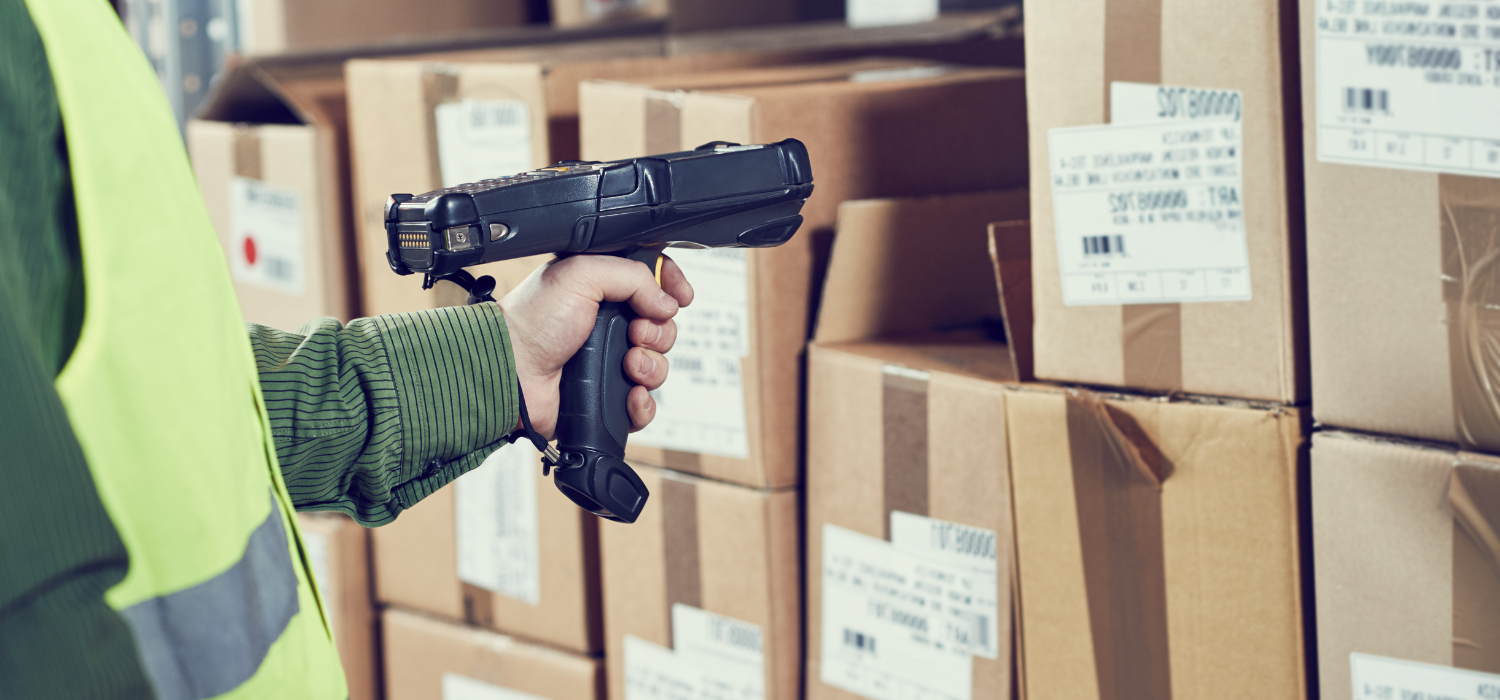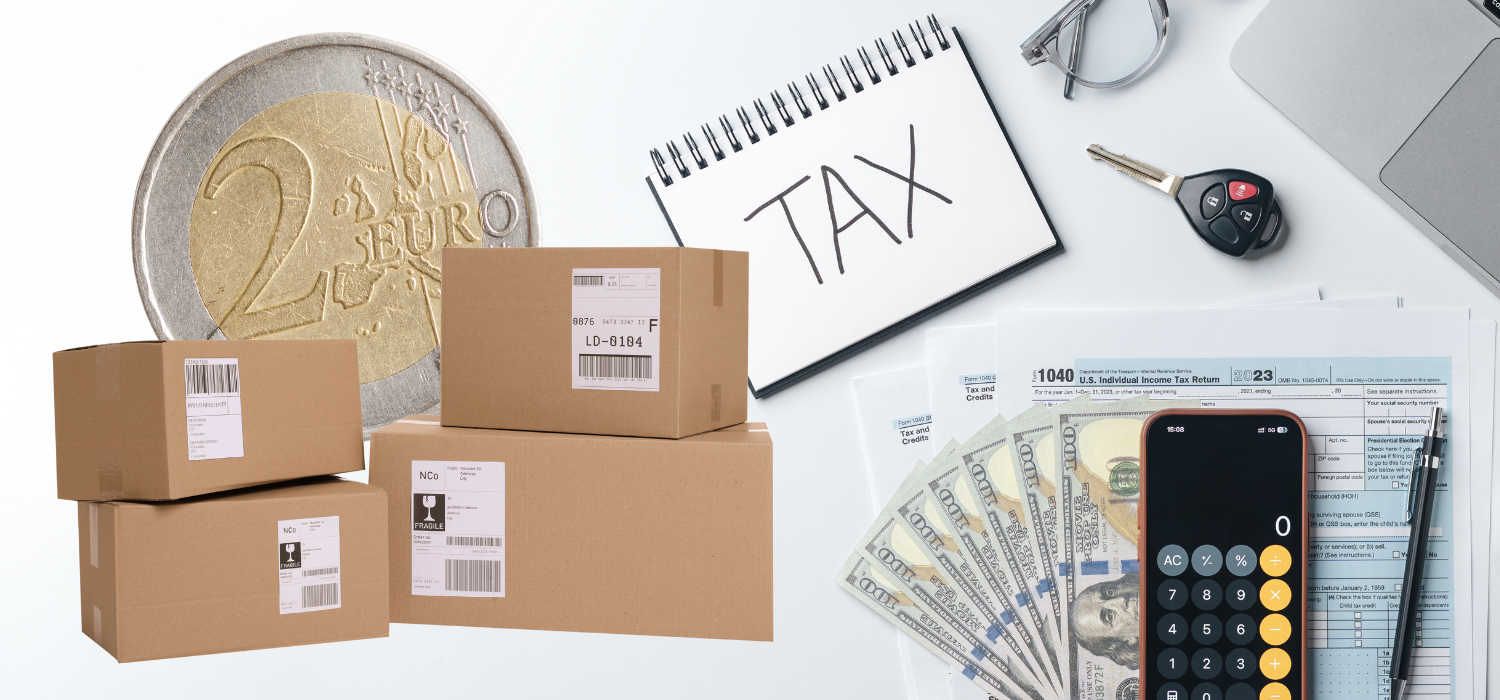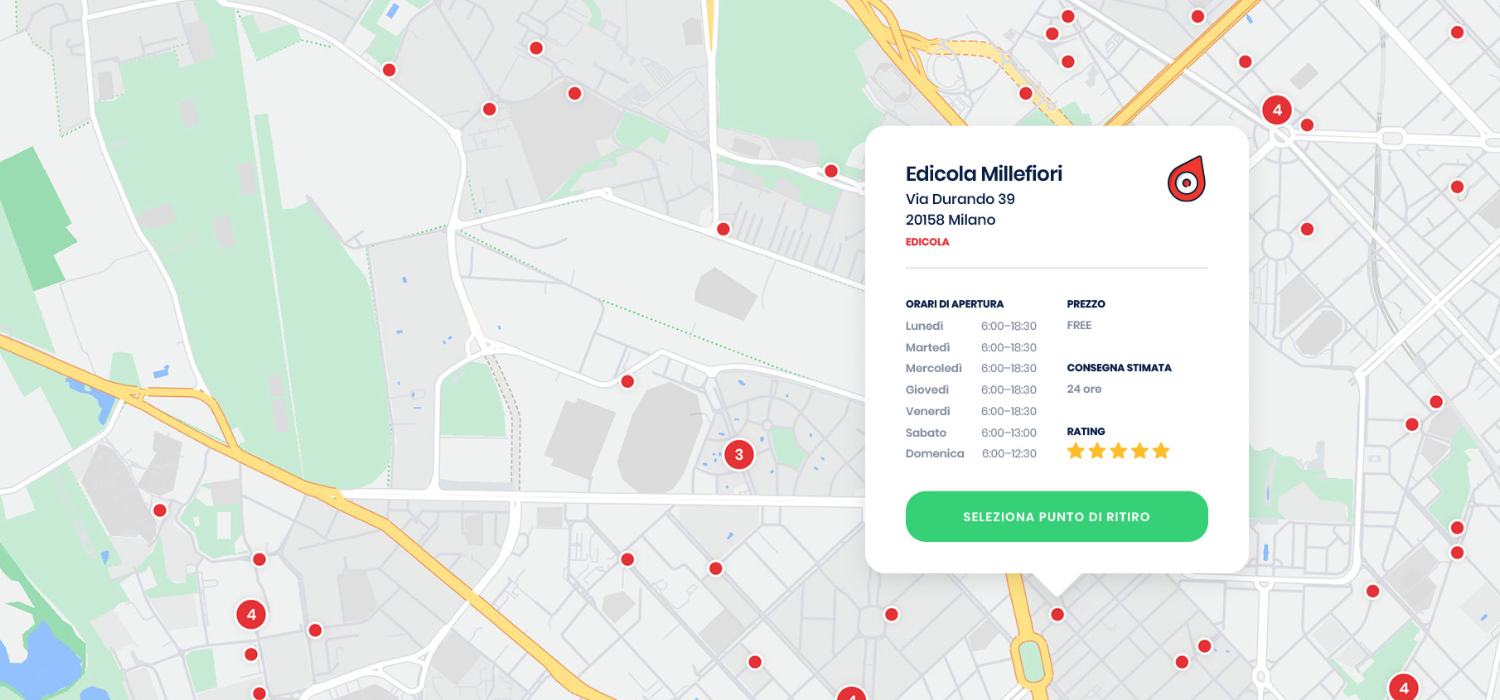If you have an eCommerce business and have to choose how best to manage your shipments, you will certainly have heard of 3PL. But what exactly does this acronym mean? If you are wondering, you will find all the answers you are looking for here.
What is meant by 3PL
3PL stands for Third Party Logistic, i.e. all those logistics services that a company – an online store, for example – outsources to an external provider. These activities can be the storage of goods, the preparation of orders and, of course, transport.
In other words, the 3PL service provider handles the eCommerce orders and takes care of delivering them to the final recipient, in effect acting as an intermediary between the company and its customers.
Another term you may have heard to describe the process of outsourcing, i.e. outsourcing of logistics activities, is contract logistics.
How Third Party Logistics Works
Imagine you open an online store selling handmade jewellery. You take care of designing the jewellery, sourcing the necessary materials, creating the products and even marketing your eCommerce, perhaps even hiring professionals to help you with all these activities. However, you find that you do not have the time or expertise to also take care of the handling, transport and shipping of orders.
Just as you can hire external professionals for marketing, SEO or eCommerce maintenance, you can hire professionals to manage the logistical aspects: an organised warehouse, a management system and one or more carriers for transport. These figures will be your 3PL suppliers.
In this way, you can continue to focus on the production of your jewellery, while the logistics operators will take care of delivering it to your customers.
Which logistics services can be outsourced
Of course, it is also possible for one supplier to take care of all logistical aspects. Alternatively, as in the above example, you can choose to outsource only certain logistics aspects and entrust them to different operators.
The choice depends above all on what your needs are.
Here, then, are the different possibilities from which you can choose:
- Outsourcing the entire logistics process, i.e. warehouse management, transport of goods and also the technology to be used. In this case, you should rely on what is called a 4PL operator, i.e., in effect, an intermediary between the manufacturing company and the shipping service provider. A 4PL operator is what can also be called a Freight Forwarder, i.e. a forwarding agent, who will also handle all customs aspects if you ship goods abroad. In other words, large operators such as DHL, UPS, TNT and BRT can do the job for you.
- Outsource only warehousing/warehouse management: if you need a logistics partner that can help you only with the warehouse management aspects (e.g. stock storage, order picking and packing, inventory management), you can rely on operators such as Debby Line or ID Logistics. These are of course just a few examples to make you aware of this possibility.
- Outsource only shipments: as mentioned above, there is nothing to prevent you from managing your own warehouse independently and relying on a courier company only to manage the transport of orders to your customers. In this case too, we can suggest some operators, including Liccardi Express Courier and TYP, in addition, of course, to classic couriers such as BRT, UPS, Poste Italiane, and so on for all home deliveries and GEL Proximity for delivery to Pick-up Points. Find out why pick-up points have become the new logistics standard.
Why outsource your eCommerce logistics
Relying on logistics professionals enables you to:
- improve your logistics services
- reduce management time and costs
- increase your conversions
In other words, outsourcing logistics is cost-effective for eCommerce, since you enjoy more competitive shipping costs and do not have to incur additional costs, e.g. for renting and managing a warehouse.
Moreover, 3PL operators generally have an extensive network of storage centres and proximity hubs that actually bring the goods closer to your customer, thus also reducing delivery times.
As is well known, managing shipments is a far from easy task for an online store, but one on which the reputation and image of a brand largely depends.
Indeed, the moment of delivery of a parcel to the end customer is when the company actually comes into contact with the consumer. On your level of logistics service, therefore, depends the trust eShoppers have in your brand or store.
Imagine what would happen if none of your orders were delivered to your customers, or there were continual problems with deliveries. Without a shadow of a doubt, you would lose all your customers within a short period of time and the opinions about you would be very bad (remember that rumours, especially online, run fast).
How much is Third Party Logistics worth in Italy
For all these reasons, the 3PL model is more widespread than you think.
As the ‘Gino Marchet’ Contract Logistics Observatory of the Politecnico di Milano reports, third-party logistics is constantly growing and evolving.
In 2022, the sector reached EUR 92 billion, growing by 2.8% compared to the previous year. In 2020 (which, as the Observatory reports, is at the time of publishing this article the last year with available final data), the contract logistics market will represent over 43% of logistics activities in Italy.
The logistics outsourcing model, therefore, is proving increasingly successful.
Need some more tips to optimise your shipping? Read our in-depth article on eCommerce shipping management.













